I had seen a documentary about sex workers in India, many of whom had been sold into the red-light districts and were kept as literal captives, and I wondered how these women, powerless and voiceless in the modern world, would react to becoming Awakened. Would they use their abilities to free others or to enact revenge? How would the world around them react to the most marginalized becoming powerful?
Genre fiction—fantasy, science fiction, horror, urban fantasy, and other blends of the fantastic and the mundane—is a perfect vehicle for exploring the ripples that promulgate from a shift in reality. You can change one thing, and see where the consequences lead. Many of the most engaging works of genre fiction explore the impact of a single decision or event on the larger world, like Simak’s City, Hopkinsons’s Brown Girl in the Ring, Gaiman’s American Gods, the Strugatskys’ Roadside Picnic, or Willis’ To Say Nothing of the Dog. In my own far more modest story “Return of the Devis,” I wanted to explore the places at which physical power intersected social powerlessness, to see where having an Awakened power made a difference to a character’s life and the world around her, and the places where it couldn’t.
One of the joys of writing in a shared universe is being part of the creation of a far larger work. Writing for the Awakened series has given me a chance to see the many different ways genre fiction can explore new ideas. One set of circumstances—the process of becoming Awakened—leads to stories as different as the authors. We can use comedy, swashbuckling, problem-solving, crime-fighting, and psychological drama, among many other tools of the genre writer, to explore the ways a fictional universe can reflect the essentials of human existence.

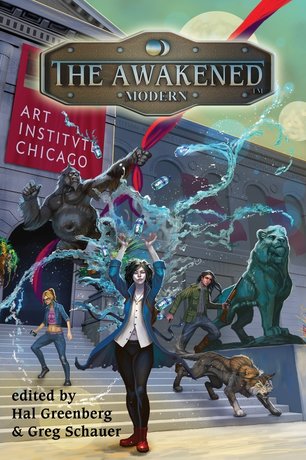
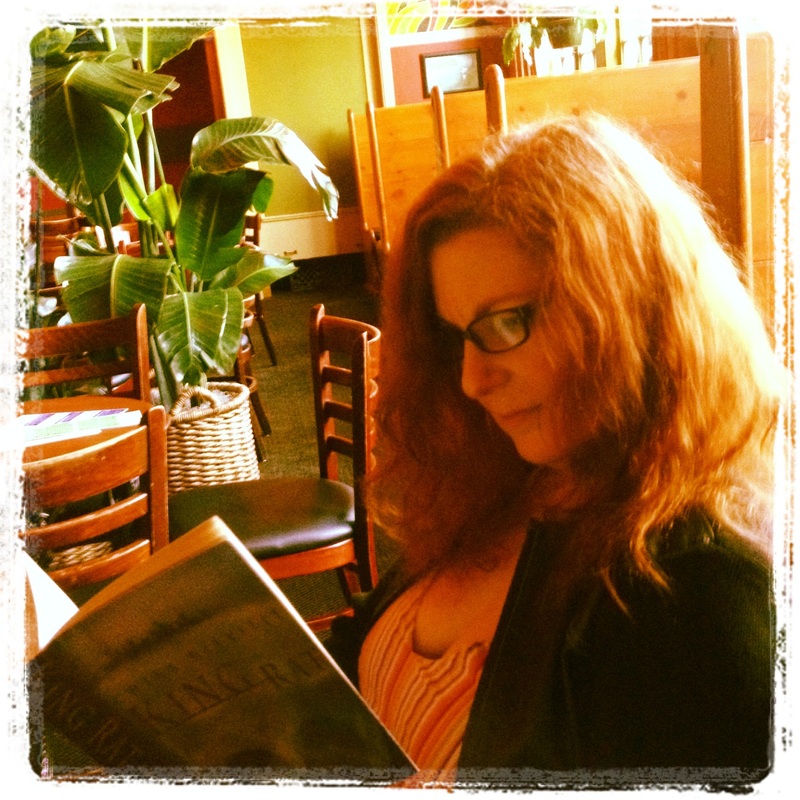
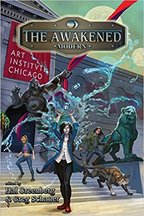
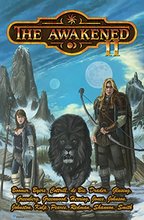




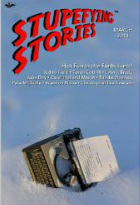
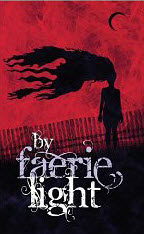


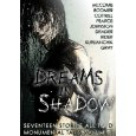


 RSS Feed
RSS Feed
